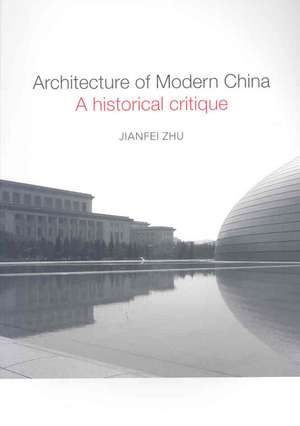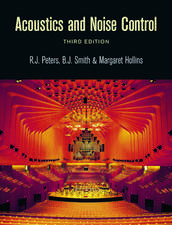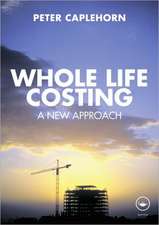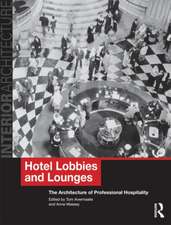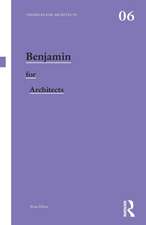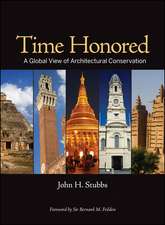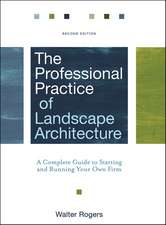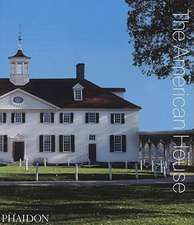Architecture of Modern China: A Historical Critique
Autor Jianfei Zhuen Limba Engleză Paperback – 3 oct 2008
| Toate formatele și edițiile | Preț | Express |
|---|---|---|
| Paperback (1) | 373.16 lei 6-8 săpt. | |
| Taylor & Francis – 3 oct 2008 | 373.16 lei 6-8 săpt. | |
| Hardback (1) | 992.79 lei 6-8 săpt. | |
| Taylor & Francis – 6 oct 2008 | 992.79 lei 6-8 săpt. |
Preț: 373.16 lei
Preț vechi: 478.86 lei
-22% Nou
Puncte Express: 560
Preț estimativ în valută:
71.40€ • 74.75$ • 59.08£
71.40€ • 74.75$ • 59.08£
Carte tipărită la comandă
Livrare economică 05-19 aprilie
Preluare comenzi: 021 569.72.76
Specificații
ISBN-13: 9780415457811
ISBN-10: 0415457815
Pagini: 332
Ilustrații: 129
Dimensiuni: 174 x 246 x 18 mm
Greutate: 0.61 kg
Ediția:New.
Editura: Taylor & Francis
Colecția Routledge
Locul publicării:Oxford, United Kingdom
ISBN-10: 0415457815
Pagini: 332
Ilustrații: 129
Dimensiuni: 174 x 246 x 18 mm
Greutate: 0.61 kg
Ediția:New.
Editura: Taylor & Francis
Colecția Routledge
Locul publicării:Oxford, United Kingdom
Public țintă
Postgraduate and UndergraduateCuprins
1. Modern Chinese Architecture 2. Perspective as Symbolic Form: Beijing, 1729-35 3. The Architect and a Nationalist Project: Nanjing, 1925-37 4. A Spatial Revolution: Beijing, 1949-59 5. The 1980s and 90s: Liberalization 6. Criticality in between China and the West, 1996-2004 7. A Global Site and a Different Criticality 8. Beijing, 2008: A History 9. Geometries of Life and Formlessness 10. Twenty Plateaus, 1910s-2010s
Notă biografică
Jianfei Zhu is Associate Professor in the Faculty of Architecture Building & Planning at the University of Melbourne. His research explores analytical and international perspectives on the Chinese experience in architecture, urbanity and social practice.
Descriere
A collection of essays on architecture of modern China, arranged chronologically covering a period from 1729 to 2008, focusing mainly on the 20th century. The distinctive feature of this book is a blending of ‘critical’ and ‘historical’ research, taking a long-range perspective transcending the current scene and the Maoist period.
